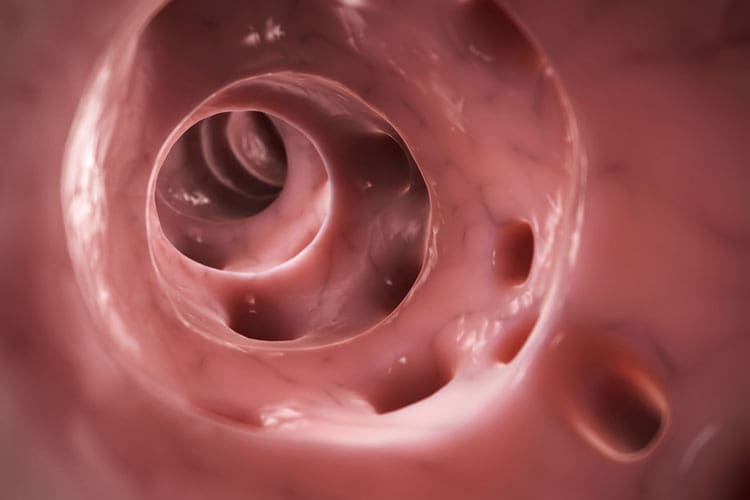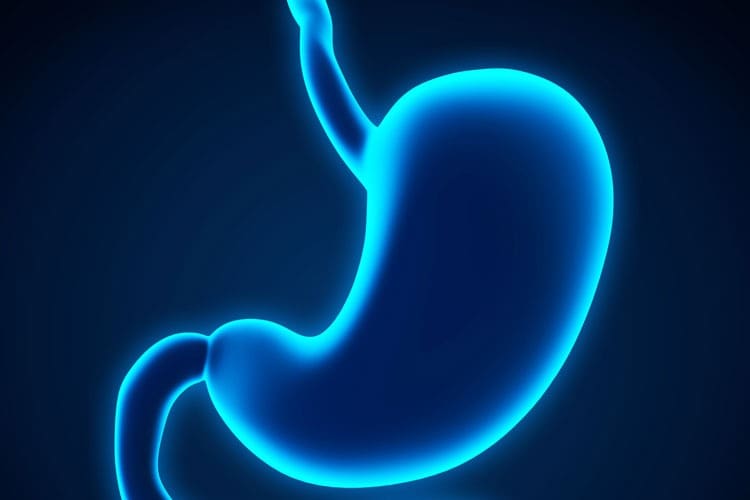Bowel cancer – the second most common type of cancer affecting both men and women in Australia – is cancer that starts in the large bowel (colon) or rectum.
stomach
Bowel cancer causes and symptoms
In its early stages, bowel cancer often has no noticeable symptoms. Some factors increase the chance of developing bowel cancer.
Altitude sickness
Most people can ascend to a level of 2000 metres in one day without getting sick. Acute mountain sickness is the mildest form of altitude sickness, but can develop into more dangerous forms of altitude sickness.
Achalasia
Achalasia is a disorder in which food and drink does not pass normally through the oesophagus and enter the stomach, but becomes stuck or comes back into the mouth. Symptoms of achalasia may take years to develop.
Diverticular disease and diverticulitis
Diverticulitis happens when out-pouchings in the bowel wall called diverticula become inflamed or infected, due to faecal matter becoming lodged in the pouches.
Coeliac disease
Coeliac disease is a condition caused by an abnormal immune response, or sensitivity, to a dietary protein known as gluten. Gluten is found in wheat, rye and barley.
What your doctor wants you to know about norovirus
Norovirus (winter vomiting bug) is a highly infectious virus, known for causing outbreaks in winter and on cruise ships. Find out what you need to know.
Stomach and duodenum
The stomach is a muscular pouch that stores food and breaks it down. The duodenum receives the semi-digested food from the stomach.
Flatulence
Flatulence, or wind, is an excess of gas in the stomach and intestines. It is normal for gas to be passed as flatus 14-23 times a day, depending on diet.
Indigestion
Indigestion is a symptom involving pain in the stomach and sometimes heartburn or reflux, which may result from several medical conditions.










